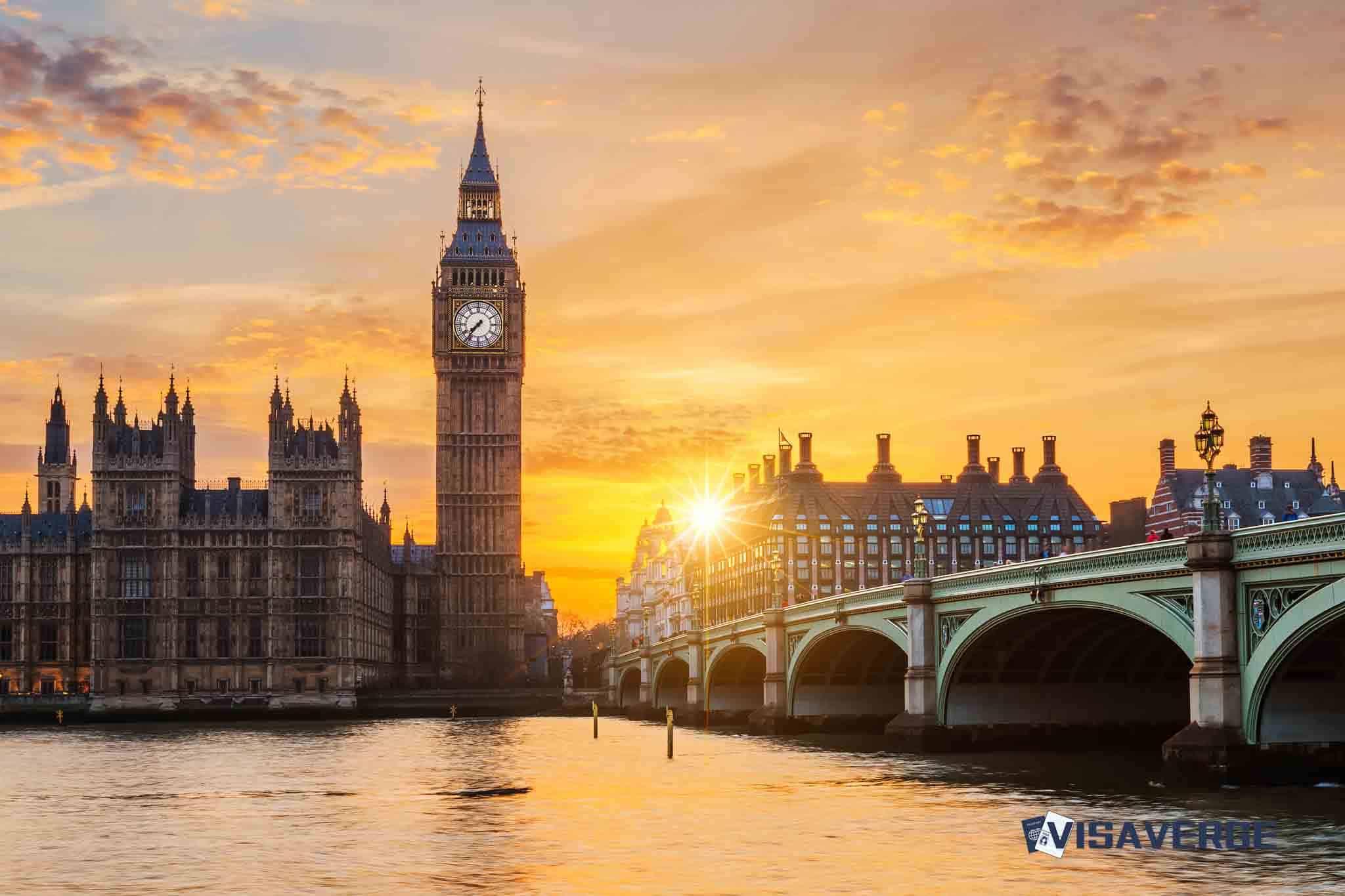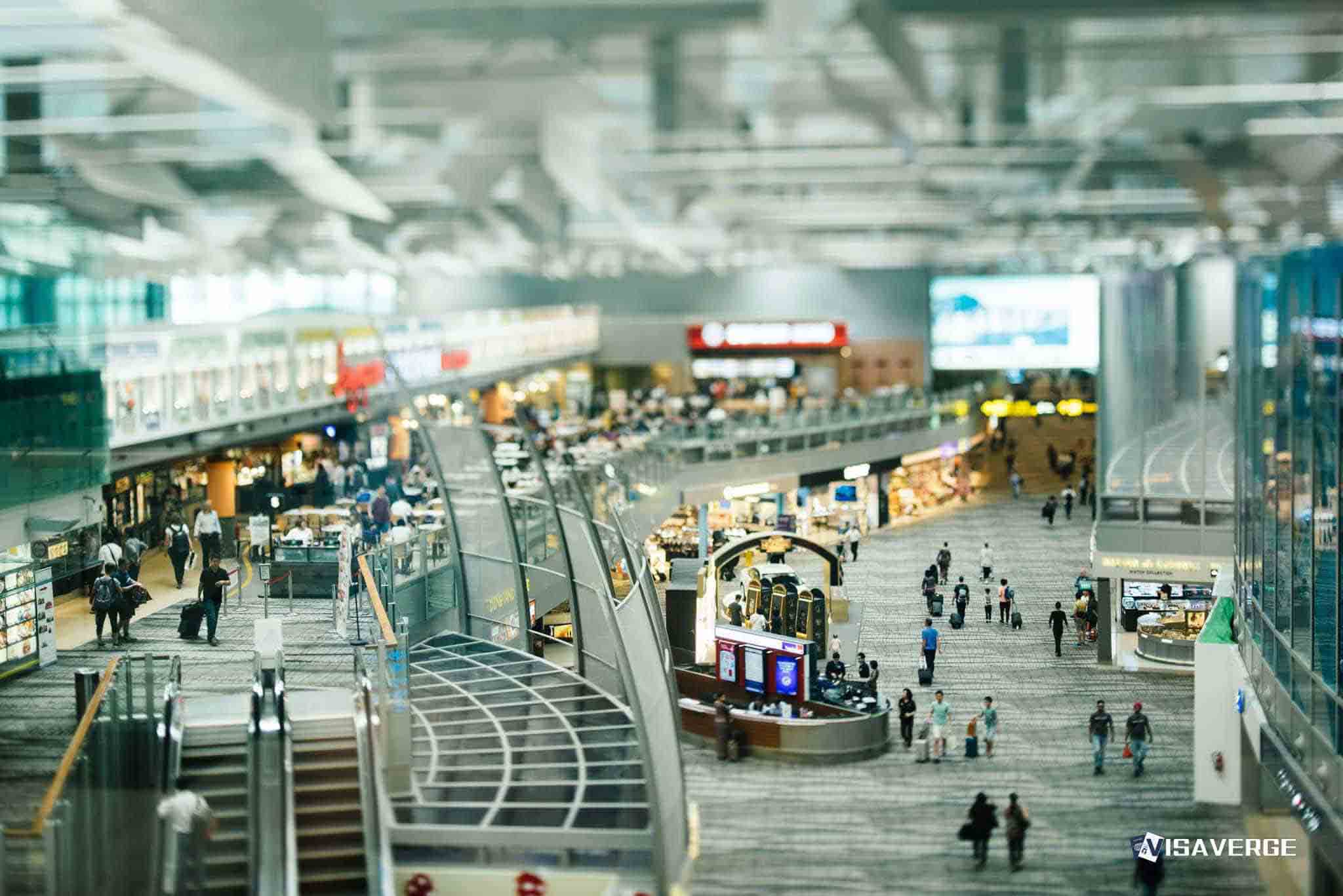As of August 21, 2025, the Labour government is still placing more than 32,000 asylum seekers in hotels each week, despite vows to end hotel use and recent policy shifts meant to cut reliance on hotel rooms. Home Office data shows 32,059 people in hotel accommodation on June 30, 2025, up from 29,585 a year earlier, though slightly lower than 32,345 recorded in March. The increase—about 8% year on year—keeps hotels at the center of the asylum system even after months of pressure to change course.
Ministers have set 2029 as the deadline to end the use of hotels. Progress has been uneven. According to analysis by VisaVerge.com, local opposition, strained services, and court action have slowed dispersal from hotels into longer‑term housing. London remains the most stretched region: by the first quarter of 2025, about 65% of asylum seekers there were in hotels, compared with a UK‑wide average of 37% at the end of 2024, the Migration Observatory notes.

Costs remain a lightning rod. The Home Office spent £4.76 billion on asylum in 2024/25, and 76% of that went on hotels. Officials cut the average nightly cost from £162 to £119 by filling more rooms and negotiating rates. Even so, hotel beds still cost far more than residential housing, which runs at roughly £27 per person per night. The price gap fuels criticism from councils and taxpayers who say money should fund stable homes instead of short‑term stays.
Backlogs continue to drive demand for hotel rooms. As of March 31, 2025, 109,500 people were waiting for an initial decision, down from 124,000 at the end of December 2024 but still historically high. The Home Office says speeding up decisions and lowering arrivals are both needed to end hotel use. Advocacy groups argue that faster decisions must be paired with community housing and the right to work for people who are waiting.
Policy changes and costs
This year has brought new laws and rule changes, but none has directly removed hotels from the system. Key legislative and regulatory updates include:
- The Border Security, Asylum and Immigration Bill 2025 (introduced in January) — sets tougher penalties for smuggling and repeals the Safety of Rwanda Act 2024. It tightens border measures and reforms parts of the asylum process but does not create a replacement for hotel accommodation.
- Multiple 2025 Immigration Rules updates —
HC733,HC836, andHC997— which adjust skilled worker routes, long residence, and refusal grounds. These do not solve the shortage of suitable housing for asylum seekers.
Labour’s manifesto promise to phase out hotels by 2029 hinges on two levers:
- Building or securing government housing, including expanding dispersal into residential properties such as HMOs (houses in multiple occupation).
- Cutting the backlog through quicker casework and faster decisions.
Progress has been mixed. Some councils, including Labour‑run authorities, have resisted greater dispersal, citing pressure on local schools, NHS services, and housing lists. Recent rulings — such as the Epping Forest District Council case — have encouraged more councils to challenge hotel placements, increasing legal risk and delays.
Financial pressures shape day‑to‑day choices. Officials increased room occupancy and consolidated contracts to reduce the average nightly hotel rate to £119. Yet because thousands remain in limbo, overall spending is still high. The government’s May 2025 white paper reiterates the goal to “end the use of asylum hotels” as part of wider reforms aimed at border control and lower net migration, and signals further changes later in 2025 focused on small boat crossings, removals, and alternatives to hotels.
Community groups warn that the current model harms wellbeing. Asylum Matters highlights long stays in one‑room settings, lack of privacy, and isolation from local networks. The Migration Observatory notes hotel use has fallen in many regions but not in London and the South East, where demand and housing pressures are greatest. Both groups call for:
- Stable, community‑based homes
- Quicker, fair decisions
- The right to work for people awaiting outcomes
“Faster decisions must be paired with community housing and the right to work for people who are waiting.” — advocacy groups’ shared message
Local pushback and human impact
Councils from both main parties say large hotel sites can strain local services and spark tension. Political voices have reacted differently:
- Conservative leader Kemi Badenoch and Reform UK’s Nigel Farage have urged councils to test hotel placements in court.
- Labour leader Keir Starmer maintains the pledge to end hotel use by 2029, but moving people out has been slower than planned.
The dispersal policy’s aim—to share responsibility across the country—has met resistance in some areas and limited capacity in others. A typical timeline shows the pinch points:
- The Home Office assigns accommodation, often at short notice.
- Local authorities are notified but can rarely refuse unless they pursue legal action.
- When a hotel closes to asylum use, many people must be moved quickly while suitable homes are scarce.
- That results in pressure on nearby towns, more coach moves, and further legal disputes.
For people inside the system, long waits for a decision mean months or years without work, study, or stable housing. Parents report children missing school places; single adults describe repeated moves that break support networks.
Officials say the fix starts with the backlog. Hiring more caseworkers and streamlining files is underway, but clearing tens of thousands of cases will take time. Until then, hotels remain the default in London and several high‑pressure areas. The government says it wants more small sites and purpose‑built blocks, but contracts and planning rules take months to align, and some councils plan to fight them.
Key numbers at a glance
| Metric | Figure |
|---|---|
| People in hotels (30 June 2025) | 32,059 |
| People in hotels (June 2024) | 29,585 |
| People in hotels (March 2025) | 32,345 |
| People awaiting initial decision (31 March 2025) | 109,500 |
| Home Office asylum spending (2024/25) | £4.76 billion |
| Share of spending on hotels | 76% |
| Average nightly hotel cost (reduced) | £119 |
| Previous average nightly hotel cost | £162 |
| Residential housing cost per person/night | £27 |
The stakes are clear: if decisions speed up and new housing comes online, fewer people will need hotel rooms and costs will fall. If legal challenges grow and housing trails demand, dispersal will stall and hotel use could linger beyond the target date.
People trying to claim asylum can find guidance on support and housing through the Home Office at https://www.gov.uk/asylum-support. The helpline is 0808 8000 630.
This Article in a Nutshell
Hotels still house thousands of asylum seekers despite vows to stop. High costs—£119 nightly average—and 109,500 pending cases sustain hotel reliance. London remains worst affected with 65% in hotels. Legal challenges and local opposition slow dispersal. Ending hotel use by 2029 requires faster decisions and new residential housing.






